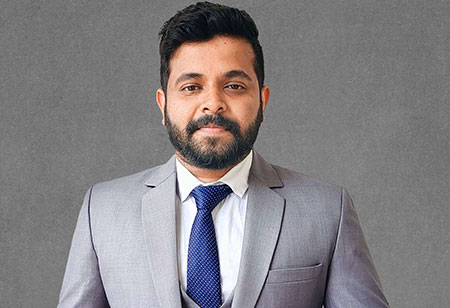
Blockchain Re-establishes Trust in Supply Chains


Sujith Vasudevan, Managing Editor, 0
Walmart has been using blockchain technology to not only digitally transform its supply chain and reduce the time it takes to track the source of food contamination. It has been tremendously effective too. How? In 2020, an E. coli outbreak spread like wildfire in the US across 19 states. Around 20 people were hospitalized. The calamity traced back to leafy greens, and the industry spent
millions of dollars notifying the public as well as tracing and removing the contaminated vegetables from the market. Well, blockchain could have prevented or at least made disaster management way easier. Walmart now requires all suppliers of leafy green vegetables to upload data onto a blockchain. This helps the company realtime track produce right back to the farm it came from. In the event of batch contamination, the company is able to trace contaminated food within seconds versus the weeks-long manual process. This is invaluable during times of product recall.
Walmart indeed is not alone Nestlé uses a blockchain to trace the growing origins of its Rainforest Alliance certified coffee brand. This helps the brand guarantee the sustainability practices of the coffee growing. On the other hand, the consumer can simply scan a QR code on the packaging to realtime view information on farmers, the time of harvest, the roasting period, and even the transaction certificate for their coffee's specific shipment. Bumble Bee Foods records its yellow fin tuna operations on a blockchain from the moment it's caught to when it's sold in the shops. It's fair to say that the technology is hitting it mainstream by becoming a synonym of ensuring trust in the food supply chains.
Walmart indeed is not alone Nestlé uses a blockchain to trace the growing origins of its Rainforest Alliance certified coffee brand. This helps the brand guarantee the sustainability practices of the coffee growing. On the other hand, the consumer can simply scan a QR code on the packaging to realtime view information on farmers, the time of harvest, the roasting period, and even the transaction certificate for their coffee's specific shipment. Bumble Bee Foods records its yellow fin tuna operations on a blockchain from the moment it's caught to when it's sold in the shops. It's fair to say that the technology is hitting it mainstream by becoming a synonym of ensuring trust in the food supply chains.